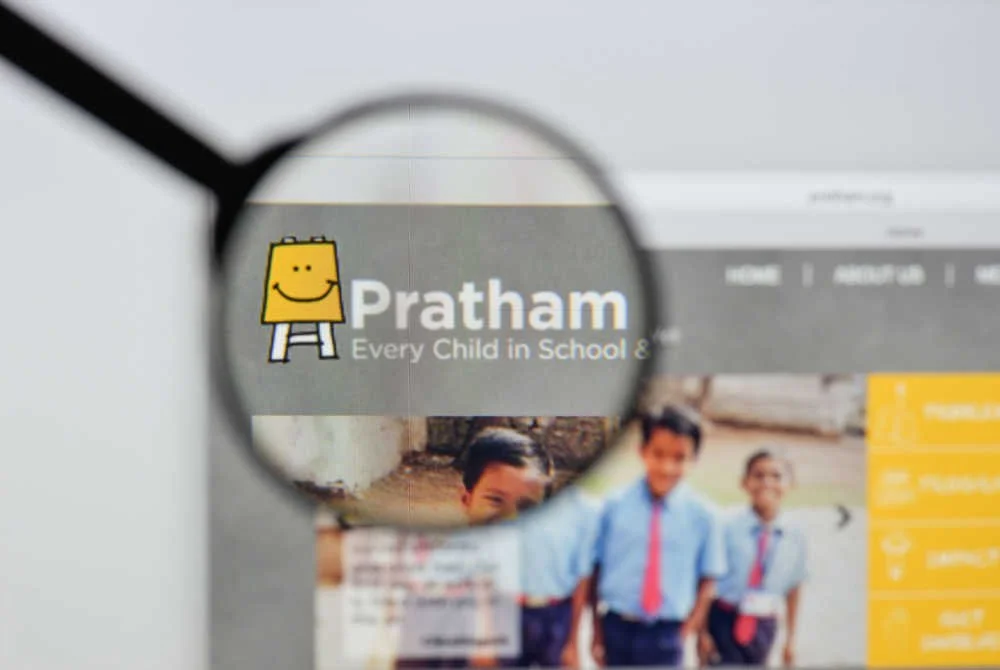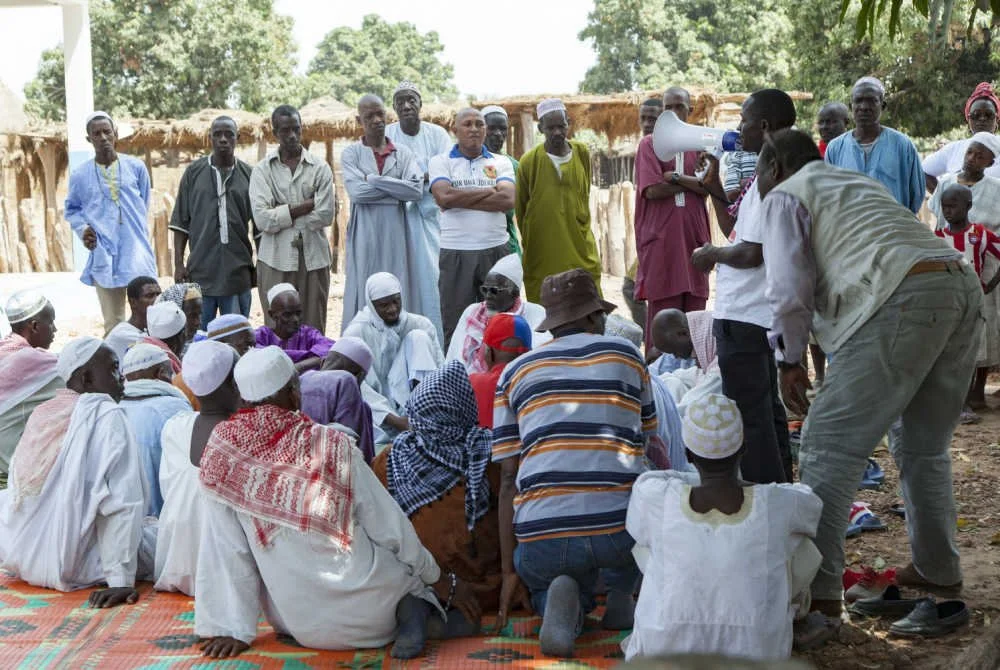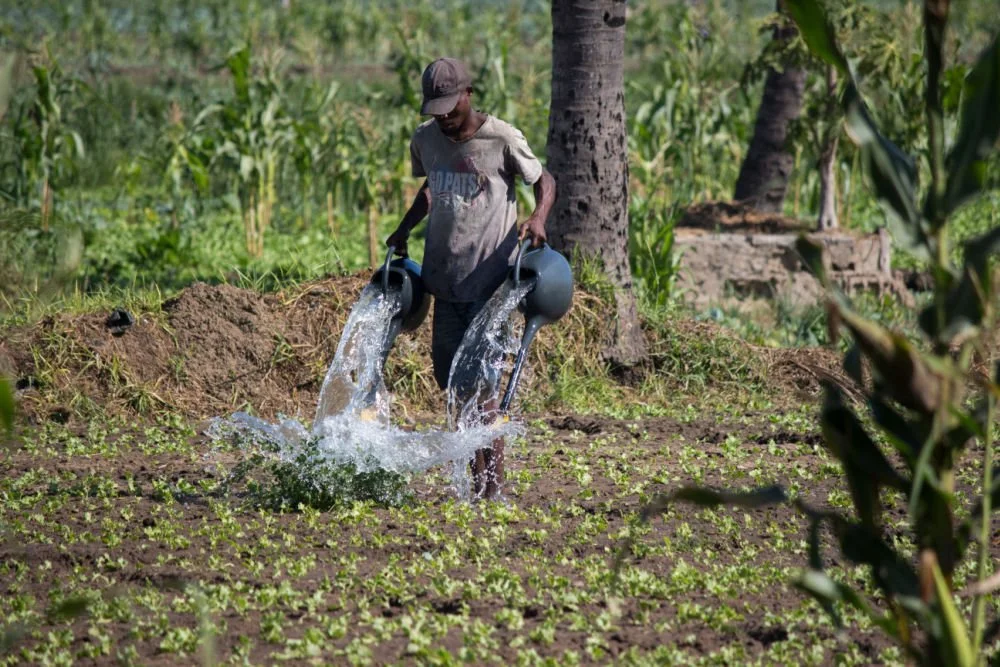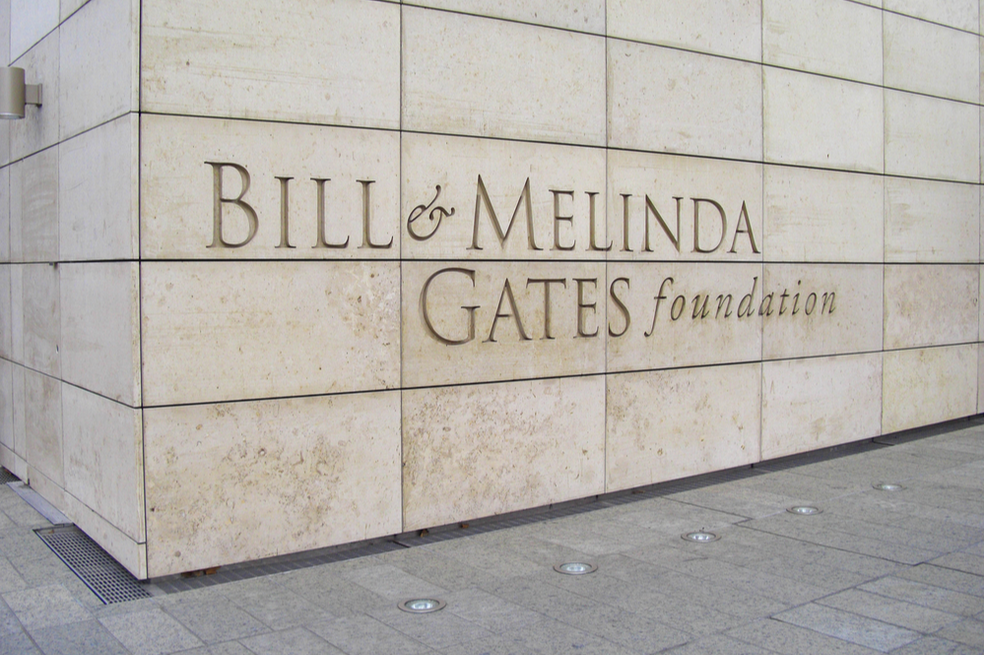Internet Access for All: A Funder's Push for a Better-Connected World
/ Sue-Lynn Moses
A tech start-up co-working space in nairobi. Photo: rvdw images/shutterstock
From how we consume to how we communicate and do business, the internet has changed how we live. And although there's a global proliferation of smartphones, tablets and computers, less than half of the world's population has affordable access to the internet. Which limits their ability to get information and take advantage of any number of opportunities.
Closing this and other gaps in technology access is the top goal of Microsoft Philanthropies, as we've reported before.
Microsoft president Brad Smith created Microsoft Philanthropies in 2015, so it’s a fairly new organization. The foundation represents an expanded commitment to the company’s corporate philanthropy but with a broader mission to “Empower every person and every organization on the planet to achieve more."
The year it was founded, Microsoft Philanthropies made a $1 billion commitment to “bring the power of cloud technology to serve the public good” through its Affordable Access Initiative. The overall goal of the initiative is to “support, grow and scale innovative businesses that are developing technologies... that have the potential to help billions more people affordably get online.”
The initiative offers grants ranging from $70,000 to $150,000 to help companies devise, develop and scale innovative plans to bring affordable internet access to underserved populations, also backing things like cloud-based services, energy access and technology-driven agricultural solutions. In addition to funding, grantees receive Microsoft BizSpark software that includes Azure, Windows, Visual Studio, Office and SQL Server. BizSpark also offers a ton of training and technical information.
Related: Technology for the People: What’s Microsoft Philanthropies Been Up To?
In 2016, the Affordable Access Initiative’s inaugural grants went to businesses like Tambero.com, which is using remote monitoring technology to help farmers in Argentina locate their roaming herds, and Vista Africa, a tech company using cloud-based software to help healthcare providers track and treat patients in regions with limited internet connectivity.
Microsoft recently announced this year’s winners, including Solaris Offgrid, whose mobile payment platform offers around 1 billion people in Africa affordable access to energy, educational information and more; and Picosoft, which is providing internet access to communities in rural Nepal by using TV White Spaces technology. This technology utilizes unused TV channels to deliver what is referred to as “super Wi-Fi" over long distances and difficult terrain. Picosoft is also using its Microsoft money to deliver broadband to 20 K-12 schools in Nepal.
How can internet access ameliorate global poverty? One powerful example is this: Online access allows small businesses to reach broader markets by removing barriers to entry. It also reduces transaction costs, making it easier to grow local businesses and boost local economies. Deloitte estimated a few years ago that the economic activity from expanded internet access for small and medium enterprises could potentially generate $2.2 trillion in additional GDP and add more than 140 million new jobs in developing countries.






































